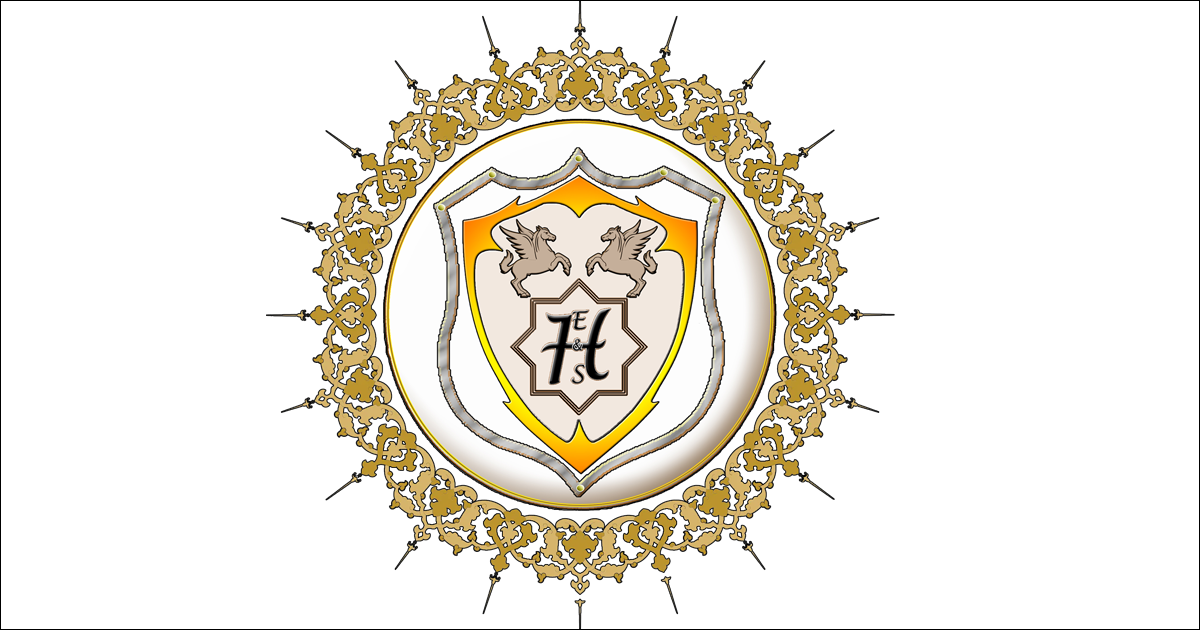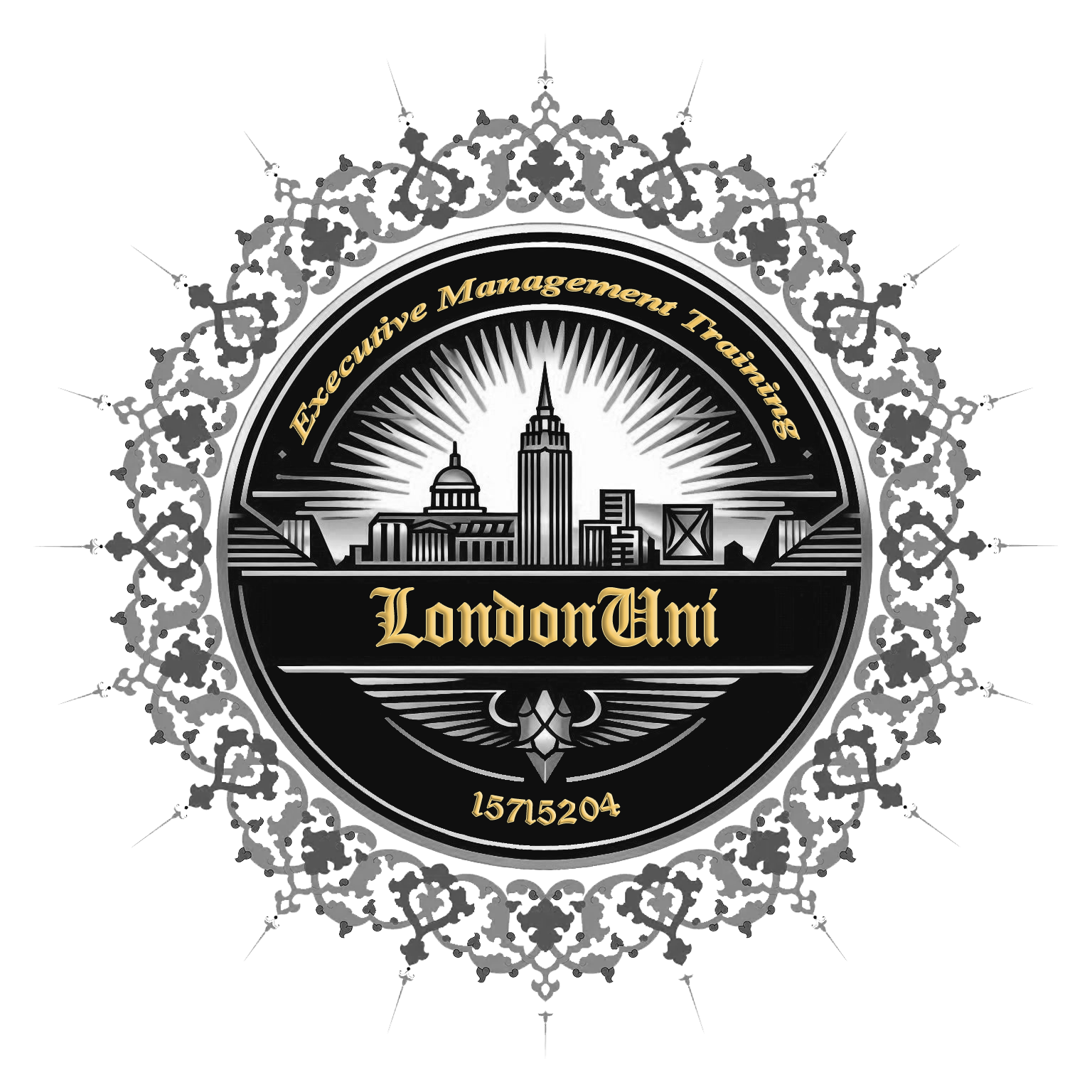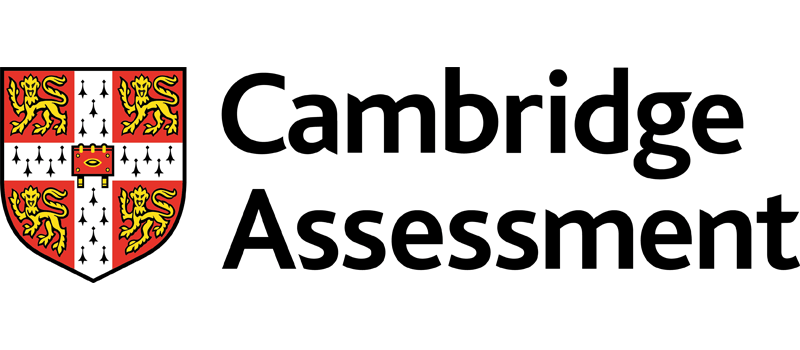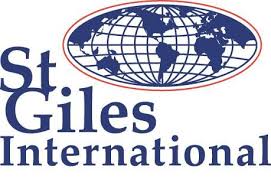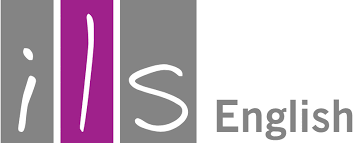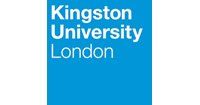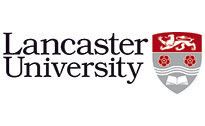ESHub

Het officiële certificeringsprogramma voor bouwvaardigheden (CSCS)
Cursus-ID: 2501050108809ESH
Cursusdata: 05/01/25 Cursusduur: 1 studiedag/dagen Cursuslocatie: Londen, VK
Cursuscategorie: Unieke programma's
Cursus subcategorieën:
Onderwijs en professionele ontwikkeling Gezondheid, veiligheid en welzijn Leiderschap en management Duurzaamheid en milieupraktijken Veiligheid in de bouw Milieuduurzaamheid Gezondheid en welzijn Leiderschap en communicatie Kwaliteitsborging Risicomanagement Ontwikkeling van technische vaardigheden
Cursus gecertificeerd door:
ESHub CPD & LondonUni - Opleiding tot uitvoerend manager
Professionele training en CPD-programma's, gezondheid en veiligheid in de bouw, CSCS Green Card
Certificering wordt afgegeven vanuit: Londen, Verenigd Koninkrijk
Cursuskosten: £500,00
BTW niet inbegrepen in de prijs. BTW kan variëren afhankelijk van het land waar de cursus of workshop wordt gehouden.
Klik om te betalen
Betaal om uw plaats veilig te stellen
Terug naar zoeken
